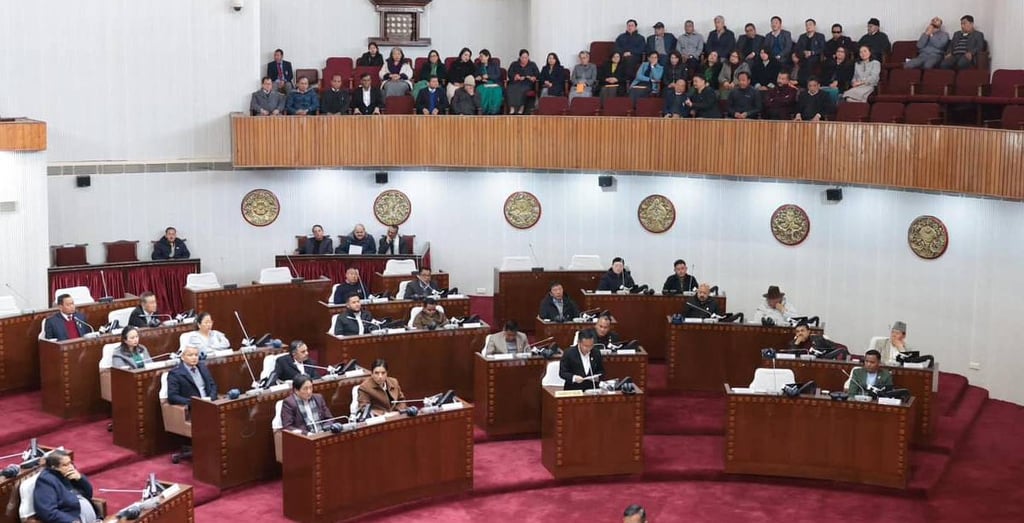Sikkim introduces six bills to enhance education, infrastructure and governance
In line with its educational reform initiatives, the Sikkim Model Schools Bill, 2025 has been introduced to establish government-aided schools that will serve as exemplars of high-quality education.
LOCAL


Sikkim's legislative assembly on February 5 introduced six significant bills aimed at enhancing various aspects of the state's governance, education, and infrastructure. The bills, which include the establishment of private universities and amendments to existing laws, are set to shape the future of the region in a positive and progressive direction.
The Sikkim Motor Vehicles Taxation (Amendment) Bill, 2025 seeks to empower the state government with the ability to adjust additional vehicle registration taxes through notifications. The bill, a revision of the 1982 Sikkim Motor Vehicles Taxation Act, aims to provide flexibility in taxation to meet evolving needs and enhance revenue collection from vehicle registrations.
Two important Private University Bills have been introduced for the establishment of Swastik University Sikkim and Sri Venkateshwara University, both aimed at expanding the educational landscape of the state. These universities, once established, are expected to offer higher education opportunities, contributing to skill development and growth in the region. The Swastik University Bill emphasizes the formation of the university under an Academic Council to guide its educational programs, while the Sri Venkateshwara University Bill will confer private university status upon the institution, bringing innovative educational frameworks to Sikkim.
In line with its educational reform initiatives, the Sikkim Model Schools Bill, 2025 has been introduced to establish government-aided schools that will serve as exemplars of high-quality education. These model schools aim to set a new standard in education by promoting innovative learning methods and ensuring that other schools in the state adopt best practices.
Another crucial development is the Sikkim Public Demands Recovery (Amendment) Bill, 2025, which seeks to introduce an appellate authority to the Public Demands Recovery Act, 2006. This amendment will provide better avenues for appeal and dispute resolution, further streamlining the legal framework for recovering public demands in Sikkim.
Another important bill that was introduced was Sikkim Municipalities (Amendment) Bill, 2025 which proposes an important change in the Sikkim Municipalities Act, 2007, by removing Section 14A. This move is expected to streamline municipal governance and facilitate the holding of elections with the support of political parties, ensuring fair representation in local government bodies.
